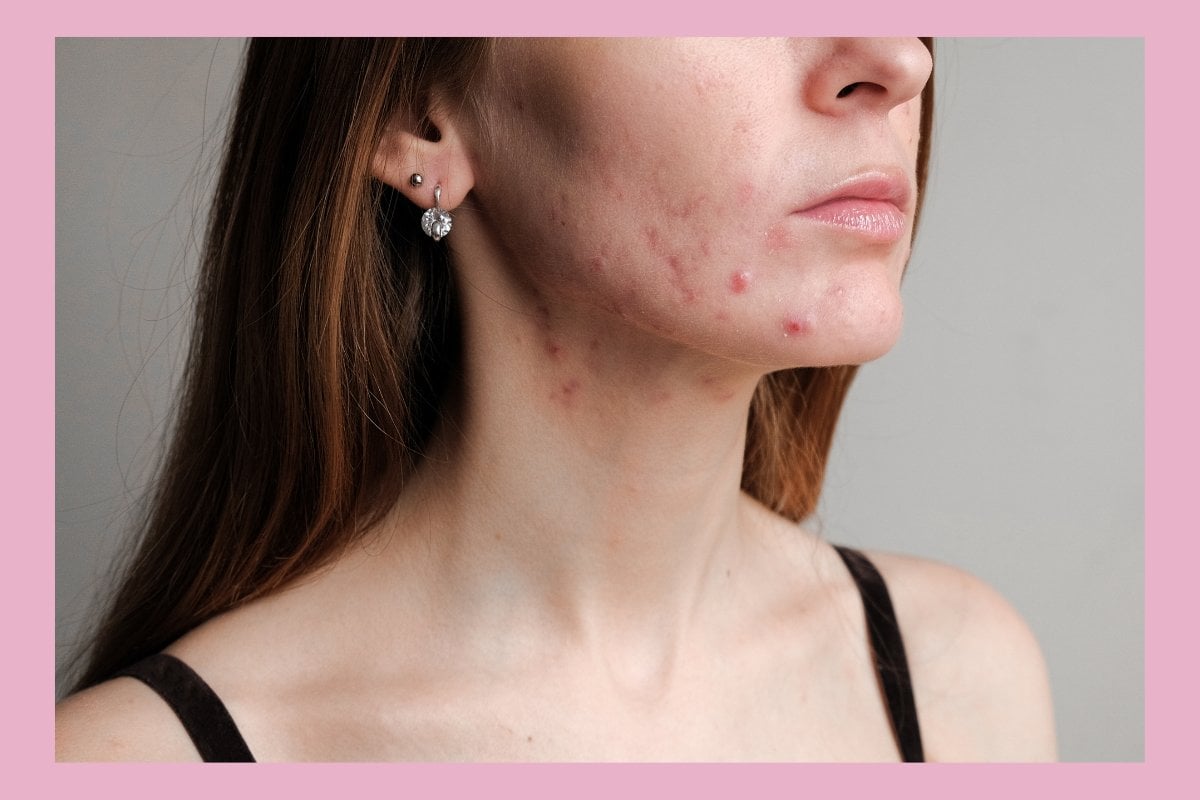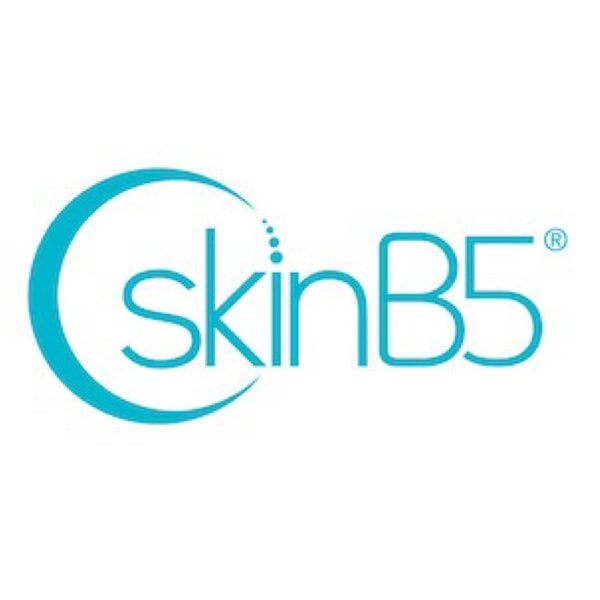

At almost 36 years old, I’m only now at a point where I’m confident that my acne years are (basically) over. That milestone hasn’t come easily though; in fact, it has taken many doctors, medications and other treatments at a cost of thousands of dollars to get here.
My acne started in my early teens with a few blackheads and pimples, and quickly spiralled out of control. Although acne is very common and even considered normal for teens, it’s difficult to communicate just what an enormous impact having bad skin can have on your self-confidence (like how it can make it non-existent).
Now, as my own children steadily approach teenagehood, acne seems to be staring them right in the face (or more accurately, back at them in the mirror). As parents, we want to do our very best for our children and help them as much as we can, but it's next to impossible to be an expert on absolutely everything.
So, to stock up on all the teen acne knowledge, we brought in an expert. Here's everything dermatologist and founder of Script Skincare, Professor Greg Goodman, thinks you need to know.
Acne is not simply a 'rite of passage'.
It seems pretty obvious to suggest that acne can have a negative impact on our mental health. But there has been some pretty heafty studies done into the extent of this effect.
In their recent research, skincare brand SkinB5 found that the impact of acne on people's mental health and wellbeing can often be described as debilitating.
Despite my own experience, when my teen started getting a few pimples I, too, brushed it off as a normal part of the adolescent journey. However, Professor Goodman suggests that this outlook can be problematic in itself.